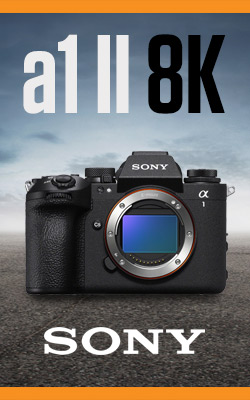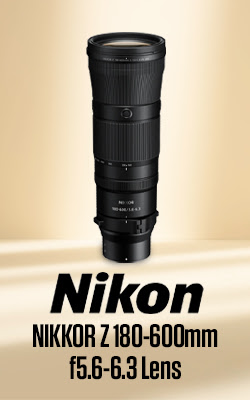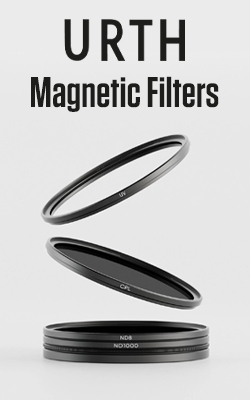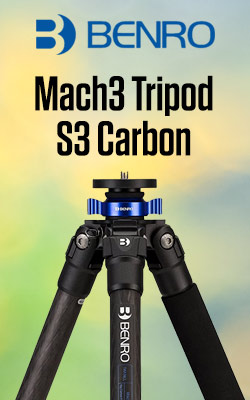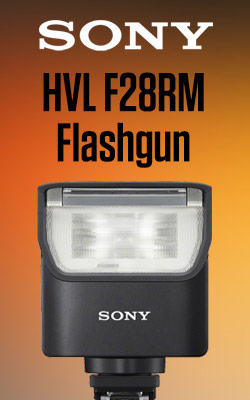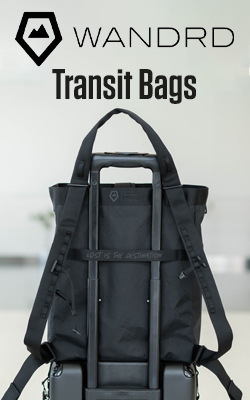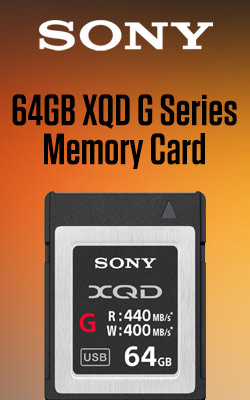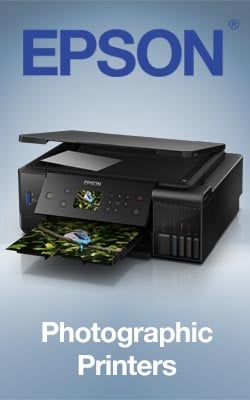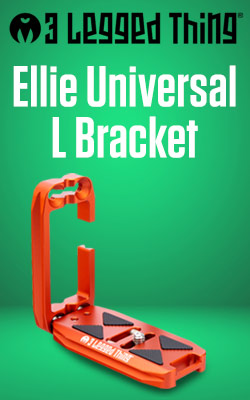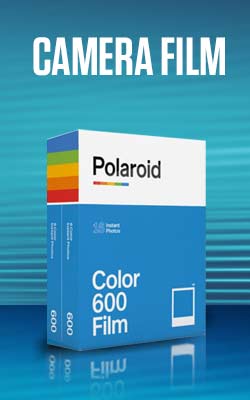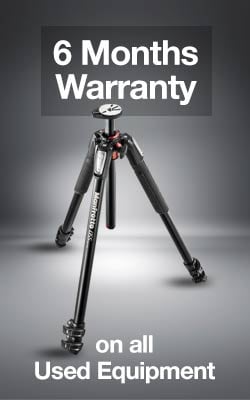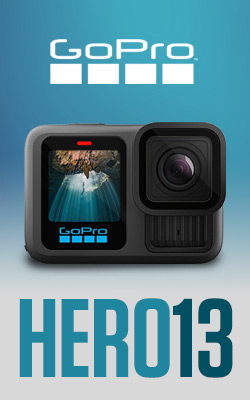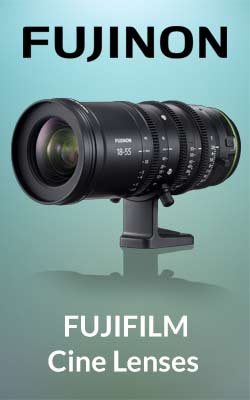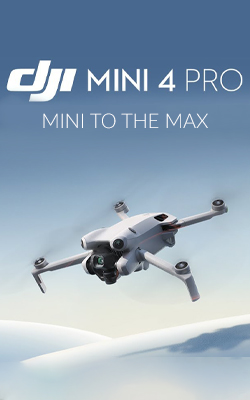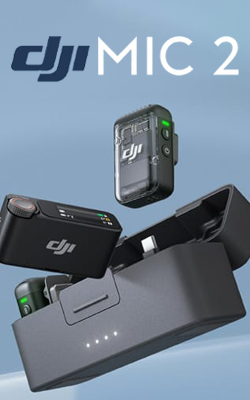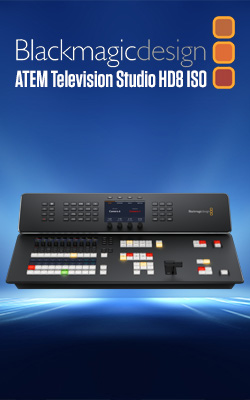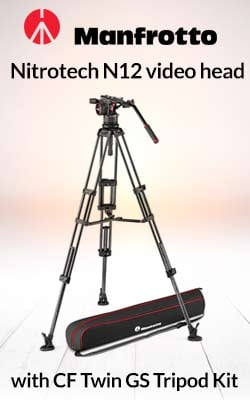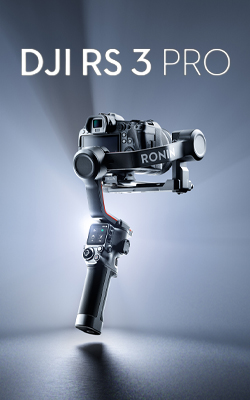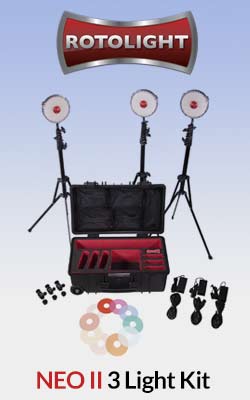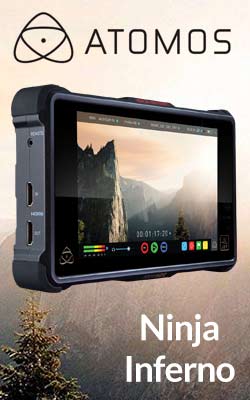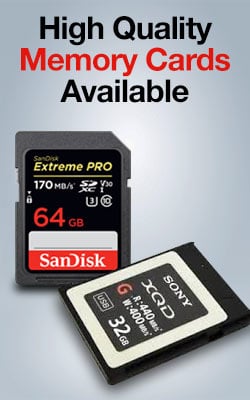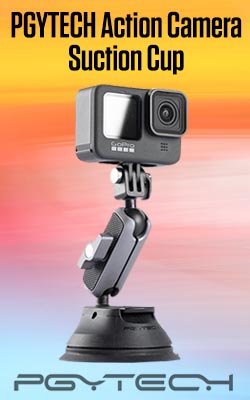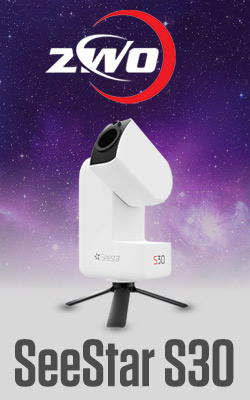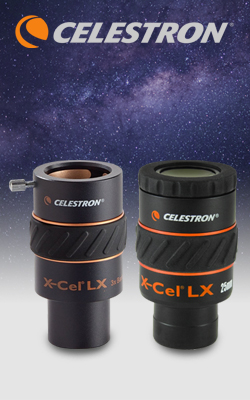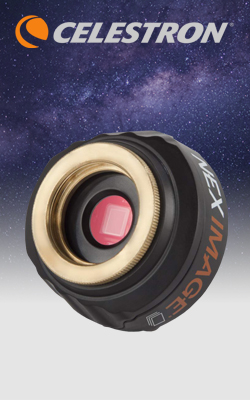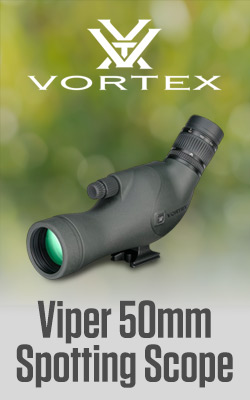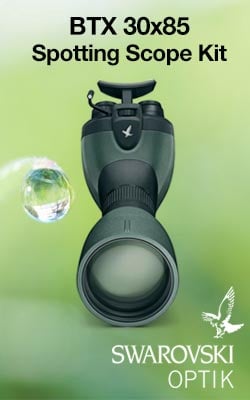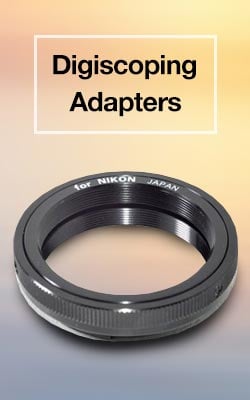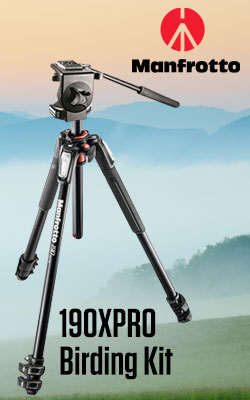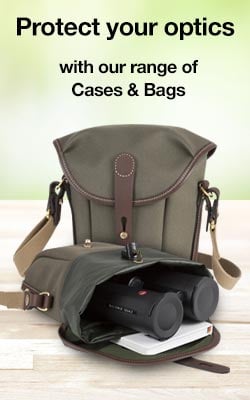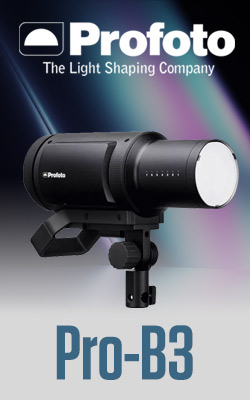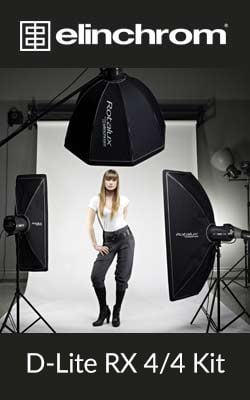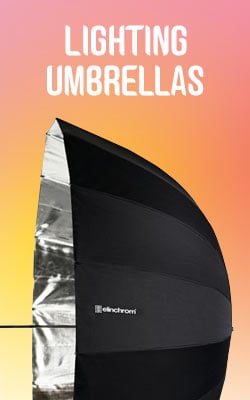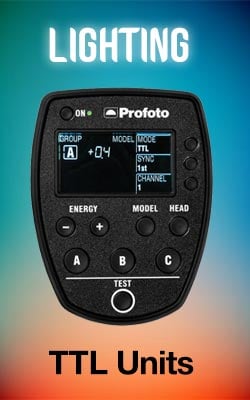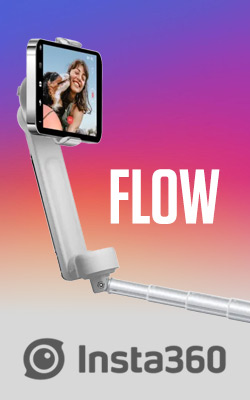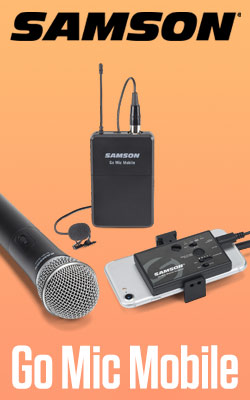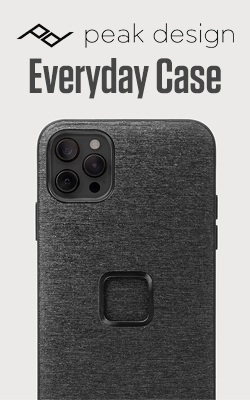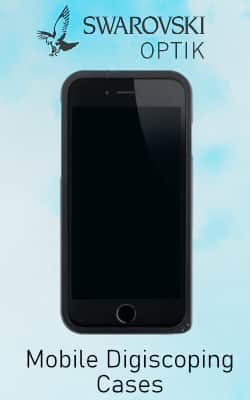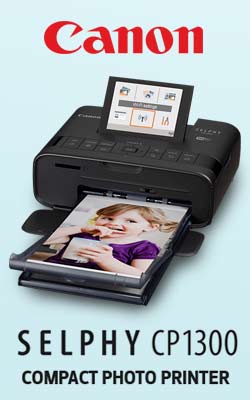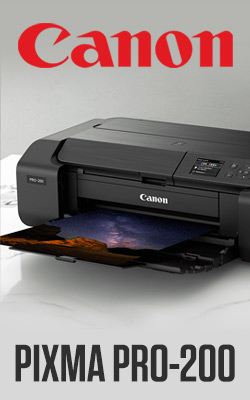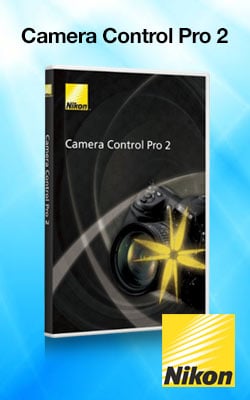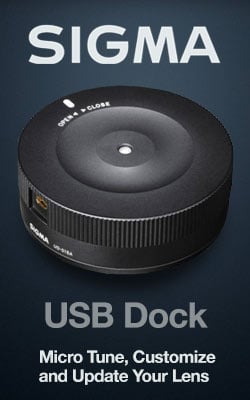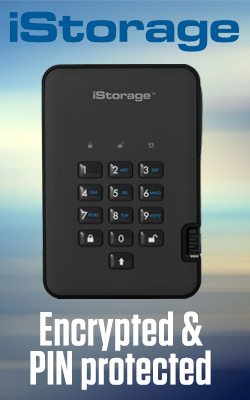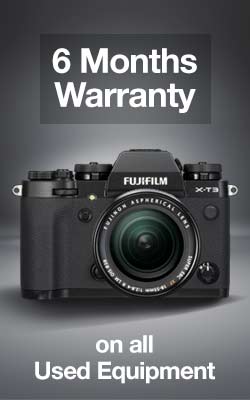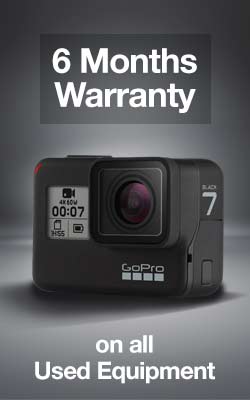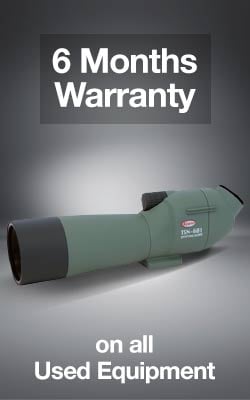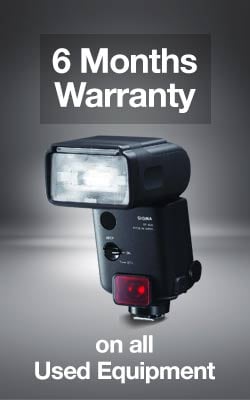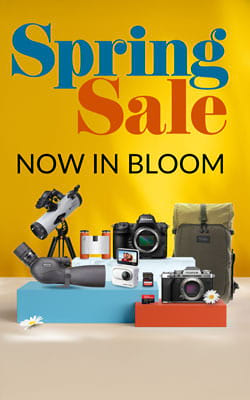10 Quick Tips for Better Food Photography with Esther Ling
With an upcoming Food Photography Workshop (August 11th, 2018) we thought it pertinent that we share a few nuggets of food photography wisdom handed down to us by Esther Ling. Please see all our photography workshops here.
Esther creates beautiful and striking food photography by adhering to the philosophy that food, and photos, should be simple.
1) Create A Narrative Surrounding the Food
Start with your background and gradually build your image by using props until you achieve the look you want.
2) Don't Overcomplicate the Lighting
Natural available window light works superbly, keep it simple then use a reflector to fill any shadows.
3) Know when to Photograph Food in Flat Lay
The size & height of the dish will usually dictate the angle you shoot. Those lacking in height like pizza work very well in the flat lay style. Taller foods like multilayered cakes, burgers or ice cream cones usually look better from the side.
4) Bokeh + Food Photography = Delicious
Use wide apertures to narrow your depth of field and focus the viewer's eye on the area of food you want to highlight.
5) Use Kitchen Utensils as Props
Props bring the image to life and give context to the food. For example, crushed red pepper flakes and a pizza cutter look great with a pizza. A lemon and a honey dipper are the perfect accessories to a Lemon Honey Drizzle Cake.
6) Diffuse Harsh Window Light.
Even window light can create hard shadows. Place a diffuser between the light and the food. A sheet of muslin or white baking paper stuck to the inside of the window will soften it.
7) Negative Space makes the Food Pop
Sometimes simplicity is the way to go. Don't feel you need to fill the frame with the food, just place it in a small area of the frame to give a different compositional look. Too much to look at makes a composition feel cluttered. Leaving negative space surrounding your subject makes sure your viewer's eye has somewhere to land and rest on.
8) Don't Upstage The Main Dish
Keep your props neutral or faded in colour so as not to detract from the food.
9) Orientation & Aspect Ratio.
Bear in mind where the image is ending up. Does it need to be in square format, a social media header?
10) Backgrounds.
Photo boards can really help to add interest to your images. These are available in all kinds of textures, the best ones have a lustre finish so as not to reflect light.
- 12 Jul 2018


